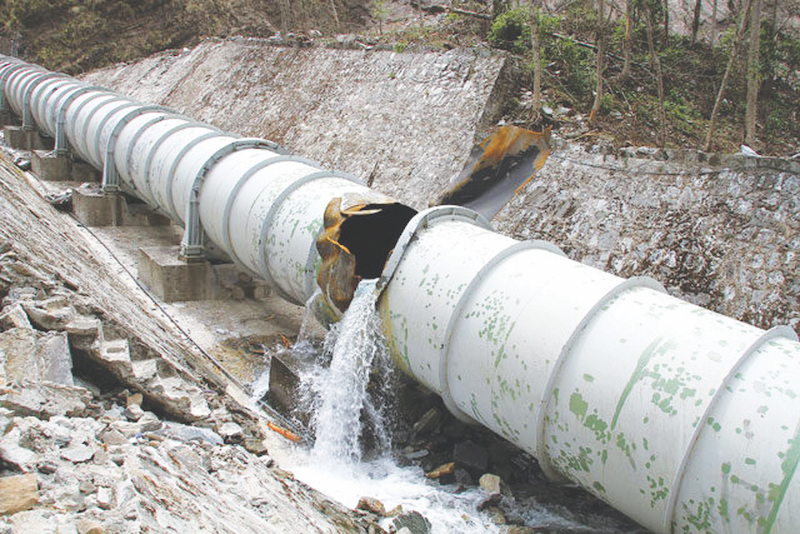The Federal Government has embraced a virtual method of evacuating crude oil, employing barges and trucks for transportation from production sites to injection/storage points before eventual transfer to export terminals. This approach, termed the Alternative Crude Oil Evacuation Systems, aims to circumvent production deferment, losses, and adverse effects caused by pipeline disruptions and outages.
Nigeria grapples with significant losses annually due to crude oil theft and pipeline vandalism, prompting the government to explore alternative transportation methods. The Senate's directive in October 2023 for a comprehensive investigation into oil theft underscored the severity of the issue, with Senator Ned Nwoko highlighting Nigeria's staggering N2.3 trillion loss to oil theft in 2023 alone.
In response to these challenges, the Nigerian Upstream Petroleum Regulatory Commission (NUPRC) has advocated for the adoption of Alternative Crude Oil Evacuation Systems, emphasizing the use of trucks and barges over traditional pipeline pumping. The commission has collaborated with industry stakeholders to implement targeted initiatives and enhance security measures to combat vandalism and oil theft.
The ACOES offers a flexible and cost-effective solution for transporting crude oil, particularly beneficial for new entrants in the industry during Extended Well Test and early production phases. Through rigorous regulatory requirements, approval processes, and coordination with security agencies, the NUPRC ensures the safety and security of barging and trucking operations in the upstream oil and gas sector.
The adoption of alternative evacuation systems has yielded positive results, with notable reductions in production losses attributed to crude theft. In Q1 2024 alone, over three million barrels of crude were successfully evacuated and exported through the NCTL line, demonstrating the efficacy of virtual pipelines in mitigating revenue losses and enhancing Nigeria's competitiveness in the global oil market.




